Summaries of books about Politics & Social Sciences:
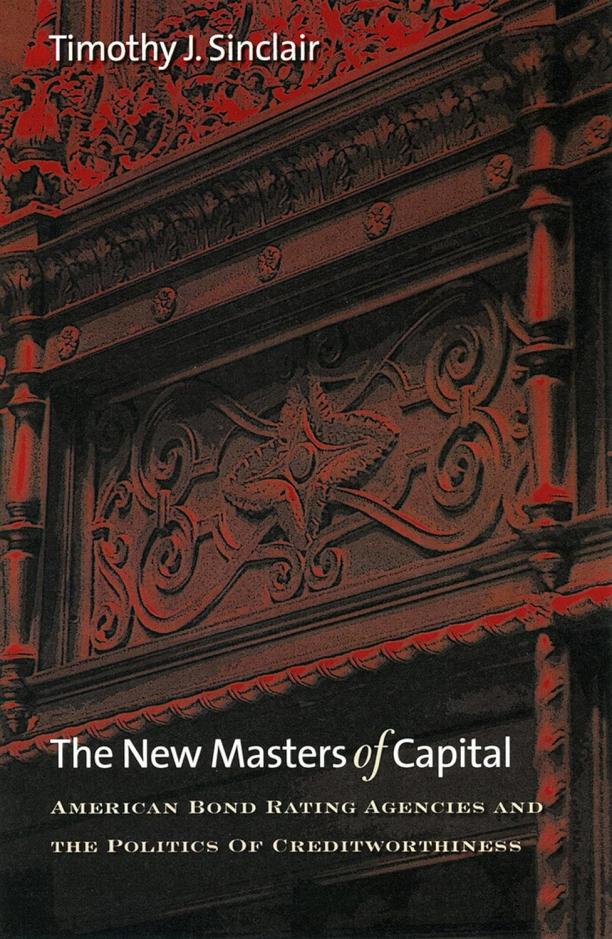
The New Masters of Capital
American Bond Rating Agencies and the Politics of Creditworthiness
Timothy J. Sinclair
The book examines the influential role of credit rating agencies like Moody's and Standard & Poor's in shaping the global financial system, highlighting their power to determine creditworthiness and influence the flow of capital. It explores the political and economic implications of their judgments and how they affect national economies, public policy, and global markets.
See full summary
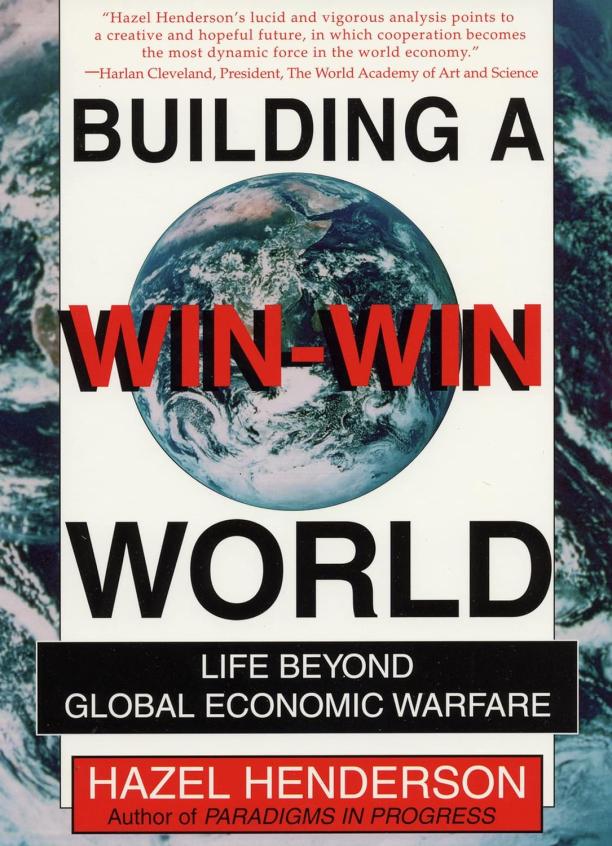
Building a Win-Win World
Life Beyond Global Economic Warfare
Hazel Henderson
The book explores the concept of moving beyond the traditional competitive approaches to global economics, advocating for cooperative and sustainable strategies that benefit all parties involved. It delves into the social and environmental costs of economic growth and proposes alternative metrics and policies that aim to create equitable prosperity without ecological damage.
See full summary
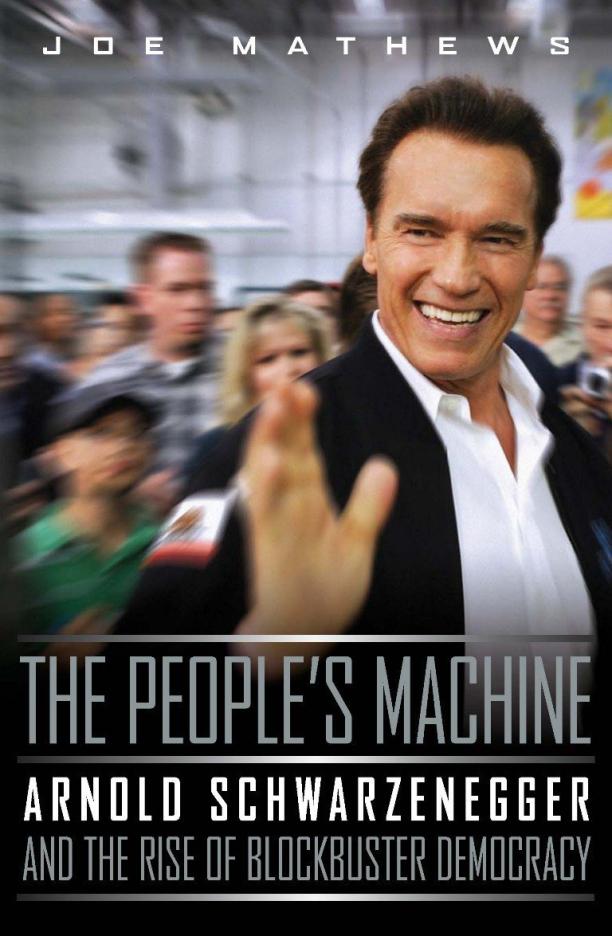
The People's Machine
Arnold Schwarzenegger and the Rise of Blockbuster Democracy
Joe Mathews
The book delves into Arnold Schwarzenegger's tenure as the Governor of California, examining his approach to politics as a form of entertainment and his use of public relations strategies to engage voters. It explores the impact of celebrity culture on American democracy and Schwarzenegger's efforts to reinvigorate the political process through his larger-than-life persona.
See full summary
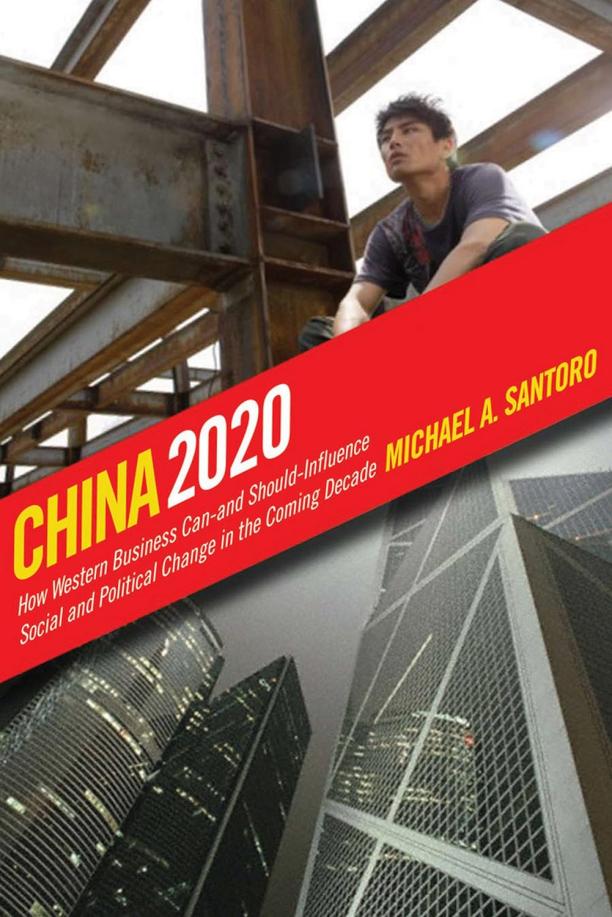
China 2020
How Western Business Can—and Should—Influence Social and Political Change in the Coming Decade
Michael A. Santoro
The book examines the role that Western businesses have in influencing social and political reforms in China, arguing that they not only have the power but also an ethical responsibility to promote change. It provides a strategic framework for companies to navigate the complex Chinese market while advocating for human rights and democratic principles.
See full summary

A People Betrayed
The Role of the West in Rwanda's Genocide
Linda Melvern
The book investigates the international community's failure to prevent the 1994 Rwandan genocide, exposing the complicity and indifference of Western governments and agencies. It details the events leading up to the massacre, the lack of intervention during the crisis, and the aftermath of the tragedy, highlighting the West's role in the catastrophe.
See full summary
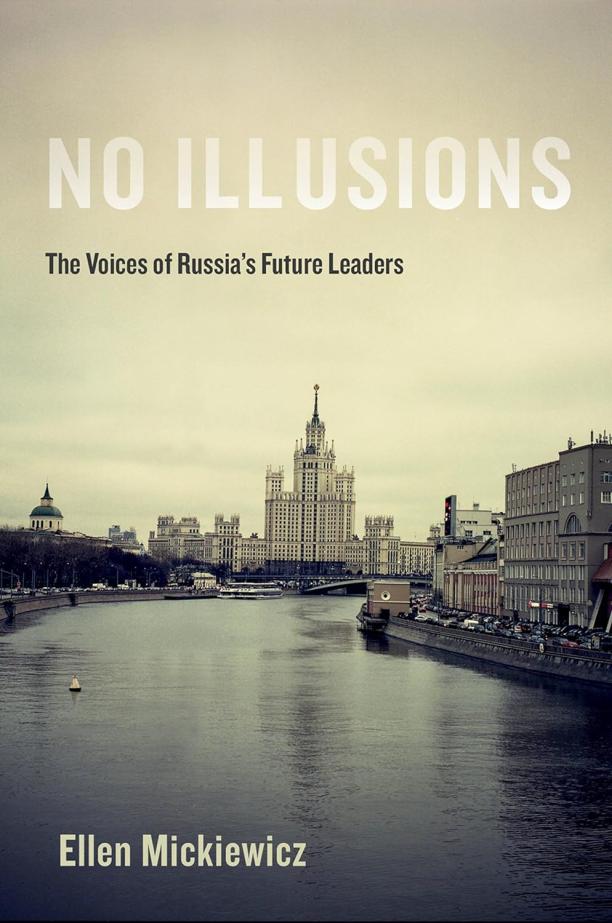
No Illusions
The Voices of Russia's Future Leaders
Ellen Mickiewicz
The book presents a comprehensive analysis of the attitudes and values of students at Russia's elite universities, offering insights into the perspectives of the country's future elite. It explores their views on democracy, governance, international relations, and the media, providing a window into the potential direction of Russia's political and social trajectory.
See full summary
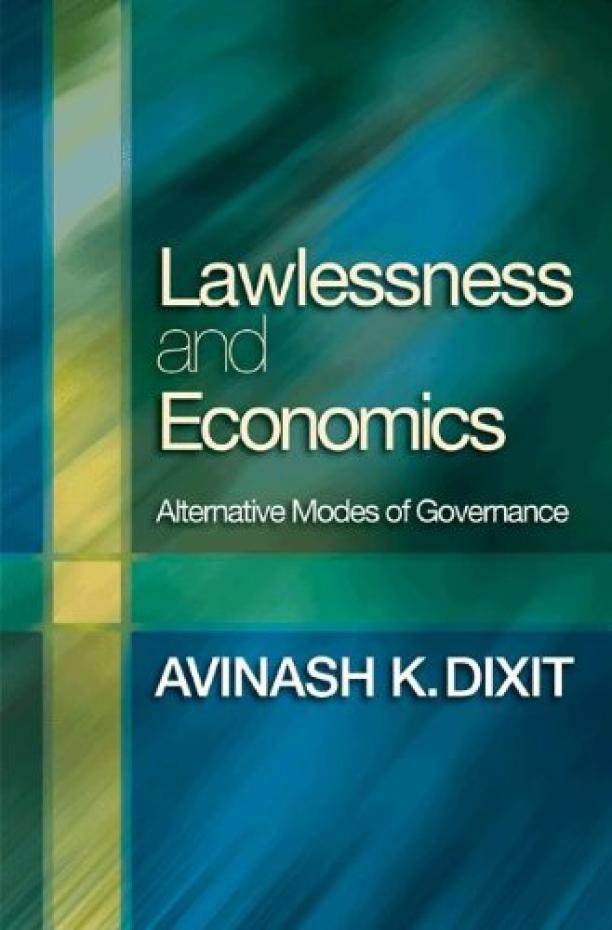
Lawlessness and Economics
Alternative Modes of Governance
Avinash K. Dixit
The book explores the mechanisms of governance in situations where traditional legal enforcement is weak or absent, examining how non-legal institutions can effectively regulate economic interactions. It delves into various alternative governance structures, such as reputation, private ordering, and community enforcement, to understand how they can provide order and facilitate trade in the absence of formal legal systems.
See full summary
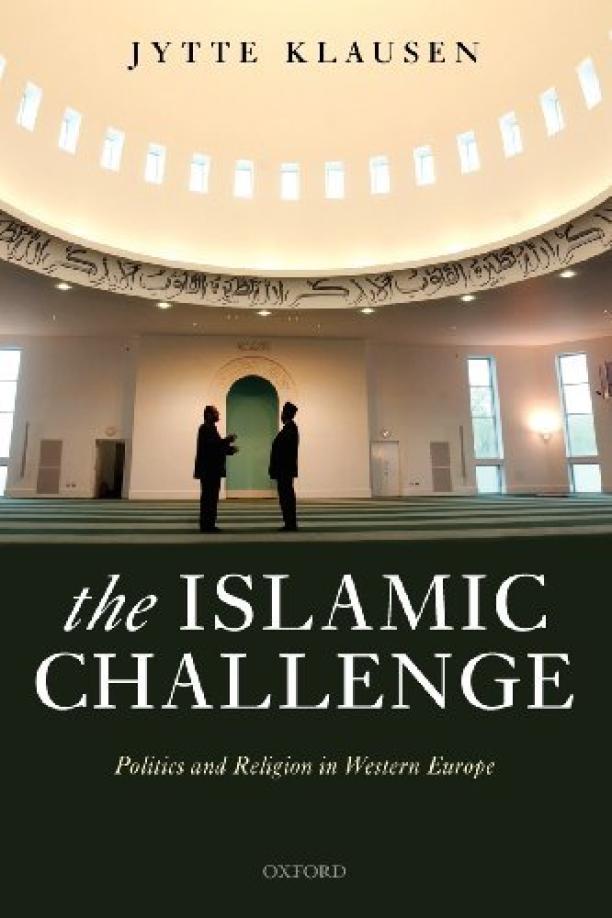
The Islamic Challenge
Politics and Religion in Western Europe
Jytte Klausen
The book examines the integration of Muslims into Western European societies, exploring the challenges posed by the presence of a growing Islamic population on politics, law, and social norms. It analyzes the tension between secularism and religious accommodation, discussing policy responses and the impact of Islamist movements on European democratic values.
See full summary
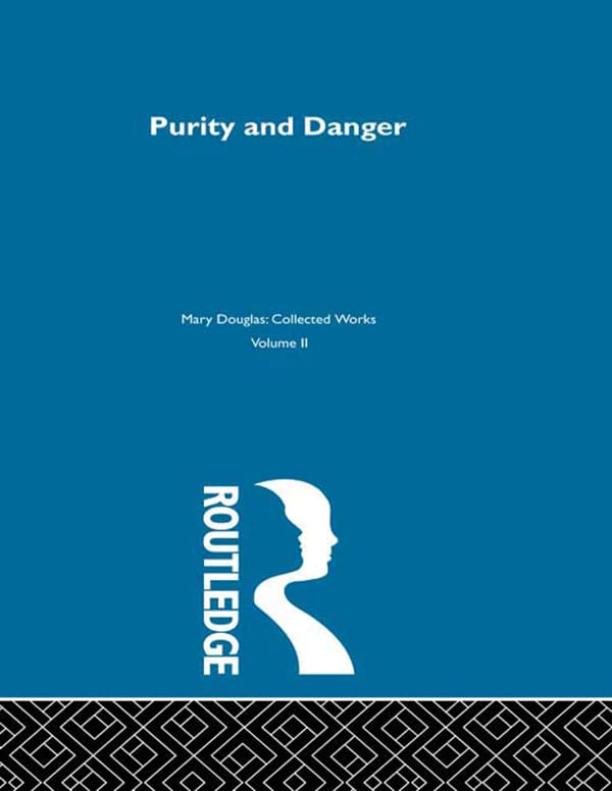
Purity and Danger
An Analysis of Concepts of Pollution and Taboo
Professor Mary Douglas|Mary Douglas
The book explores the idea of cleanliness in different cultures and how societies create rules about purity and impurity to organize social life. It examines how these concepts of pollution and taboo are deeply intertwined with systems of power and cultural norms, influencing everything from religion to social behavior.
See full summary
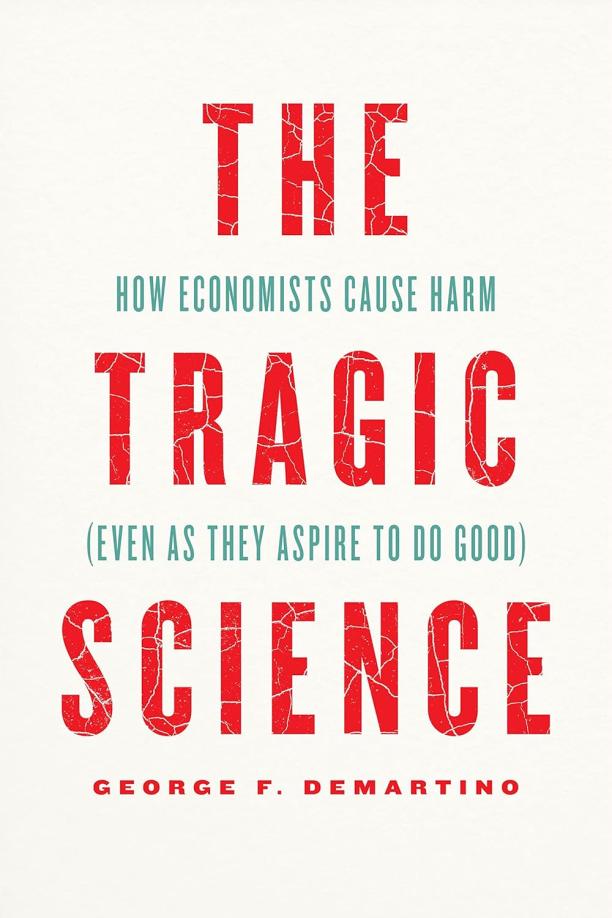
The Tragic Science
How Economists Cause Harm
George F. DeMartino
The book critically examines the ethical challenges and consequences of economic policymaking, arguing that economists often inadvertently cause harm despite their intentions to improve societal welfare. It advocates for a professional ethic for economists to mitigate negative impacts and calls for greater humility and accountability in the field.
See full summary